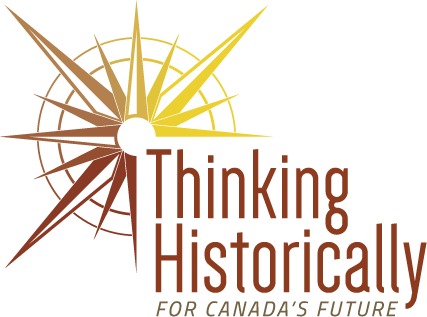Associated Projects
The Historical Thinking Project
The Historical Thinking Project was designed to foster a new approach to history education — with the potential to shift how teachers teach and how students learn, in line with recent international research on history learning. It revolved around the proposition that historical thinking — like scientific thinking in science instruction and mathematical thinking in math instruction — is central to history instruction and that students should become more competent as historical thinkers as they progress through their schooling. The project developed a framework of six historical thinking concepts to provide a way of communicating complex ideas to a broad and varied audience of potential users. Active from 2006 to 2014, the Historical Thinking Project provided social studies departments, local boards, provincial ministries of education, publishers and public history agencies with models of more meaningful history teaching, assessment, and learning for their students and audiences. As the 2014 Annual Report demonstrates, they met a very receptive audience. From April 2014 onward, it will operate on “pilot light” mode, in the event that new teams of educators are ready to start cooking.
THEN|HiER
The History Education Network/ Histoire et éducation en réseau (THEN/HiER) was the first pan-Canadian organization devoted to promoting — and improving — history teaching and learning by bringing together the multiple and varied constituencies involved in history education: academic historians; public historians in museums, archives and historic sites; practising teachers; researchers based in faculties of education; and curriculum policymakers. The goal was to create more research-informed practice (from kindergarten to graduate school) and more practice-informed research through dialogue among these various communities. THEN/HiER was conceived in 2005, but became firmly established in April 2008, when it received funding from a Social Sciences and Humanities Research Council Strategic Knowledge Clusters Grant.
